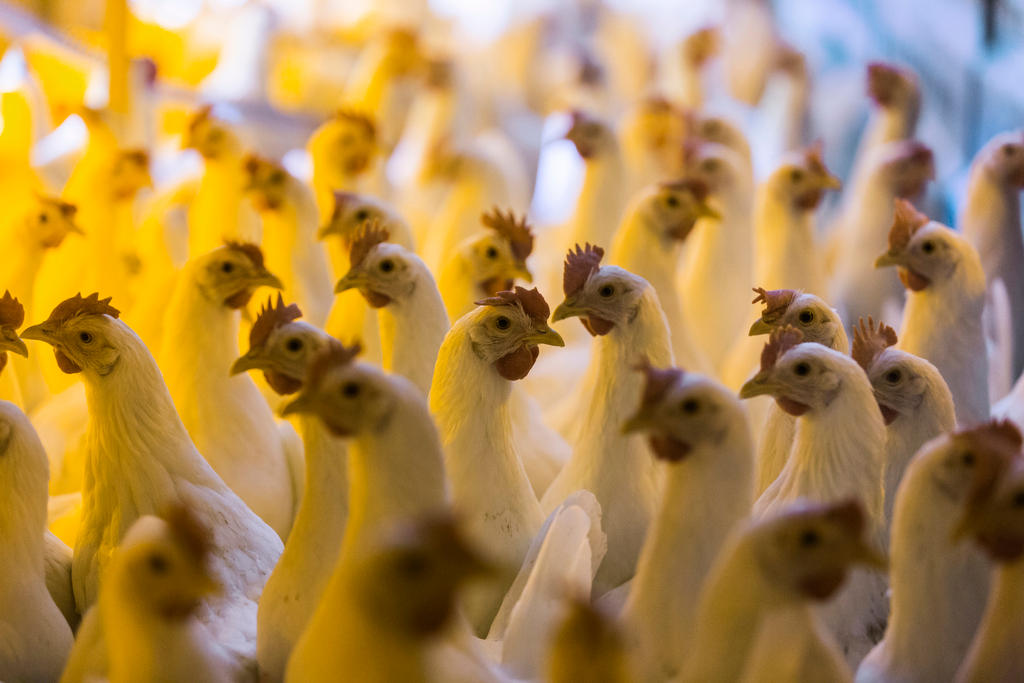
Farmers slam think tank report on the future of Swiss agriculture

A report by the liberal think tank Avenir Suisse claiming that Swiss agricultural policy is too expensive at an estimated CHF20 billion ($20.7 billion) a year, and should be reformed, has been heavily criticised by the main farmers’ group.
“This controversial document is full of absurd statements and ridiculous proposals,” the Swiss Farmers’ Union reactedExternal link to the publication on Friday of the Avenir Suisse report, entitled “A farming policy for the futureExternal link”.
According to Avenir Suisse, Switzerland has one of the most expensive agricultural sectors in the world. The annual CHF3.8 billion in federal subsidies given to agriculture and food is just the “tip of the iceberg”, the report’s authors claim.
When all direct and indirect costs and privileges granted to the agricultural sector are added together Avenir Suisse reaches the annual figure of CHF20 billion.
Taxpayers and consumers pay the lion’s share (47%), it states, adding that food prices are on average 78% higher than in the European Union.
Ten-point plan
The think tank lays out a ten-point plan to be implemented by 2030 to make Swiss farming more competitive and save CHF14.4 billion a year. Its proposals include lowering customs tariff protection on agricultural goods, abolishing certain subsidies and reforming compensation for general interest services provided by farmers.
The Farmers’ Union accused Avenir Suisse of believing “food simply falls from the heavens”.
It slammed the CHF20 billion figure as “pure accounting acrobatics without basis” and said the report was full of “completely unrealistic assumptions”.
Swiss farms, restricted by the alpine topography, are typically small and traditional structures, with an average size of 18 hectares or around 20 cows. The Farmers Union believes Avenir Suisse wants to create a small number of large industrial farms that concentrate on intensive farming. But the loss wouldn’t be that dramatic, it noted, as “importing is much cheaper anyway”.
The Swiss are set to vote on September 23 on two agricultural proposals aimed at promoting sustainable food and local farm products in Switzerland. Both currently enjoy an exceptionally wide appeal among the public, an opinion poll published last month found.

More
Ethical food initiatives enjoy broad early support

In compliance with the JTI standards
More: SWI swissinfo.ch certified by the Journalism Trust Initiative































You can find an overview of ongoing debates with our journalists here . Please join us!
If you want to start a conversation about a topic raised in this article or want to report factual errors, email us at english@swissinfo.ch.